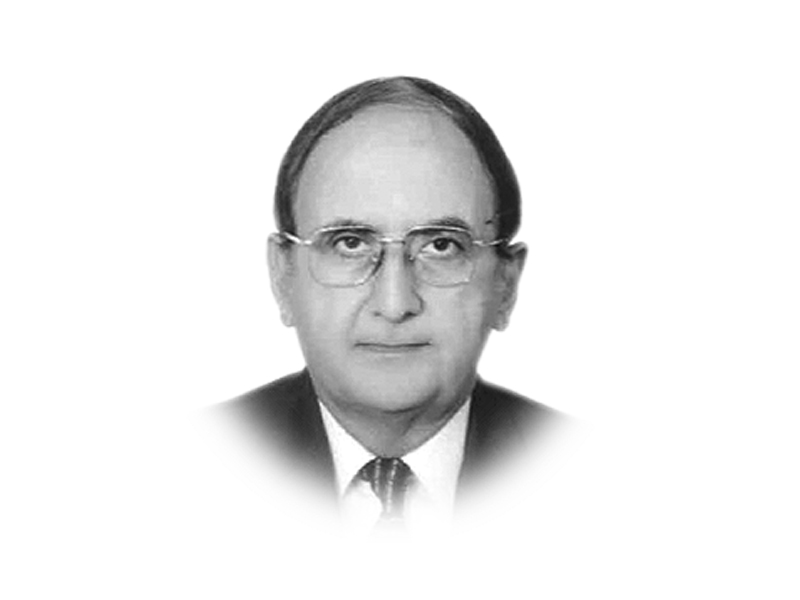
While the PML-N is dismissive of the opposition protest, Nawaz Sharif has become active in rehabilitating his contacts with allied political parties and is giving more time to his party’s parliamentarians. The prime minister presided over special meetings to review the development work done by various government departments and new development plans were announced for the next two years. The Punjab chief minister is devoting more attention to different power projects in the province. Last week, he took media personnel to three power projects under construction to assure them that these would become operational on schedule in 2017. These efforts are meant to assure the people that their socioeconomic problems and especially the shortages of electricity would be addressed adequately in the next two years so that they stay away from the current opposition protests.
The government and the opposition are also engaged in a legal battle against each other. Four petitions have been filed with the election commission for the prime minister’s disqualification with reference to his family assets uncovered by the Panama Papers. As a rejoinder, the PML-N has filed a reference against Imran Khan and one of his senior colleagues for disqualification before the National Assembly speaker. No matter what the decision is on these petitions and references, the stage is set for a major political confrontation whose outcome is uncertain. There is one positive sign for the PML-N in this troubled political situation. The three parties that want to show their street power are not working from a single political platform. This weakens the opposition and gives a lot of breathing space to the PML-N. If the ruling party’s calculations about the PPP materialise, the opposition’s efforts to dislodge the government will be further weakened
Besides the pressures from political circles, Nawaz Sharif faces pressures of another kind from the military. Four issues are of current relevance: military action in Punjab; the monopolistic control of Punjab by the PML-N; the management of the CPEC; and the appointment of the new army chief. There is criticism from Sindh’s political circles for there not being any tough military action in Punjab, which has the reputation of being a safe haven for sectarian and other extremist groups. The military launched an operation in Punjab after the bombing incident in Iqbal Town Park. However, there was opposition by the Punjab and federal governments to any autonomous operation by the military in the province. If the military gets a free hand in Punjab, the PML-N’s monopolistic control of the province will be compromised, which it cannot afford at this stage. The key to the PML-N’s success in the next general election is its monopolistic control of Punjab. It fully controls the top bureaucracy, business and commercial activity, and has created a big class of beneficiaries and dependents in the province by tolerating corruption and distributing state patronage on partisan considerations. These beneficiaries and the bureaucrats will ensure that votes are delivered to the PML-N in such large numbers that it sweeps the polls in the province. By winning over some independents and smaller parties from other provinces, the PML-N can then continue to hold on to power beyond 2018. However, if its grip over Punjab loosens, there will be defections from its support base and it will not be able to sweep the polls in the province.
Similarly, the PML-N wants to retain the exclusive control of the CPEC, which gives access to power generation and other projects whose location can help obtain political dividends. The establishment, on the other hand, is in favour of an autonomous authority looking after CPEC affairs. The Chinese government is favourably disposed towards an increased role of the army in CPEC management. Similarly, if the prime minister attempts to by-pass the established procedure for appointment of the new army chief, this could cause major problems.
If political confrontation persists for some time, the political situation will become uncertain. The simmering discontent will then persist. However, some sudden triggering development either because of the confrontation between the PML-N and the opposition or because of adventurism on the part of the prime minister in his interaction with the establishment can create an entirely new political scenario.
Published in The Express Tribune, August 8th, 2016.
Like Opinion & Editorial on Facebook, follow @ETOpEd on Twitter to receive all updates on all our daily pieces.












COMMENTS (4)
Comments are moderated and generally will be posted if they are on-topic and not abusive.
For more information, please see our Comments FAQ